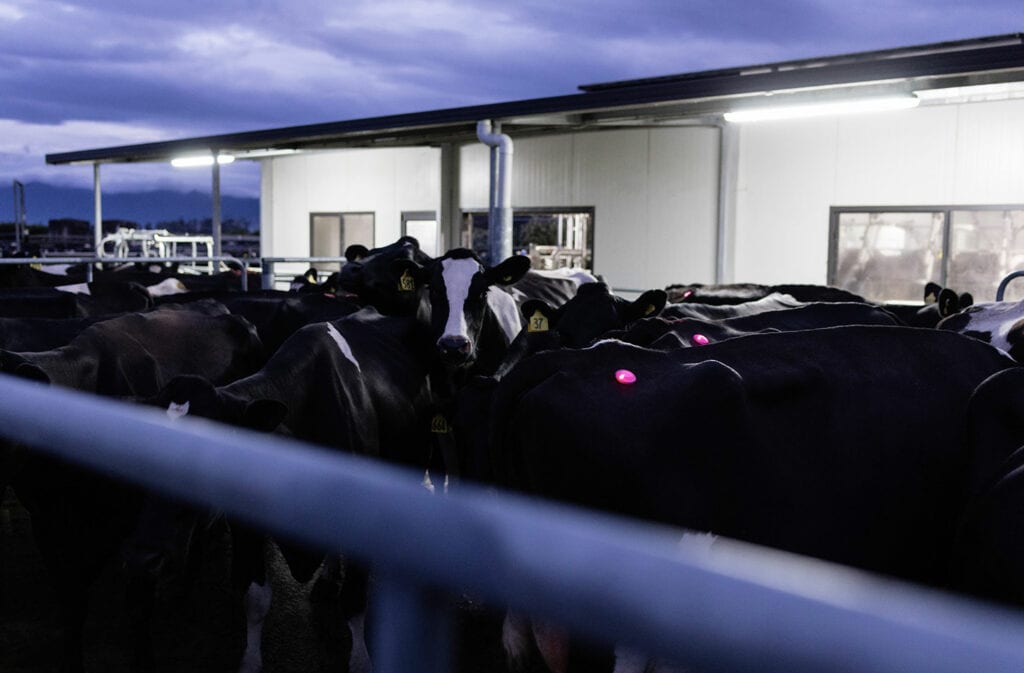The Dairy Companies Association of New Zealand (DCANZ) has joined with national dairy organisations from Australia and the United States in appealing for their governments to progress a swift but successful conclusion to the TPP negotiations.
“We have a historic opportunity to remove distortions from the dairy market in the Asia-Pacific region. Our governments must grab hold of this.” Said DCANZ Chairman Malcolm Bailey “
TPP outcomes must be ambitious, comprehensive and commercially meaningful for dairy along with other products. We understand that progress is being made in the negotiations but that it still falls short of the level of ambition needed.
DCANZ strongly supports trade liberalisation. The case for trade to lead to job creation, increased investment, and economic growth has been demonstrated over centuries. But within this context dairy remains one of the most highly protected product groups globally. For example, Japan and Canada have import tariffs on dairy products that exceed 200%.
A successful TPP will benefit New Zealand, Australian and US dairy producers and exporters, while at the same time improving nutritional security by delivering increased consumer options for safe high quality dairy products.
Mr Bailey said the joint letter that has been sent to the three countries Governments reflects the commitment of the New Zealand, Australian and US dairy industries to a TPP outcome which is transformative for dairy trade in the region.
“These negotiations come at a time of increasing demand for dairy products globally. Trade will play an important role in filling that demand. It makes absolutely no sense not to take this opportunity to remove the huge barriers which currently constrain dairy trade.”
The concerns of the New Zealand, Australian and US industries extend beyond tariff reduction. Trade is also constrained by other less transparent and easily understood non-tariff barriers such as the use of import licencing monopolies.
“Tariffs are only part of the problem” said Bailey. “Access gains won’t be realised unless other restrictions are also tackled”.

